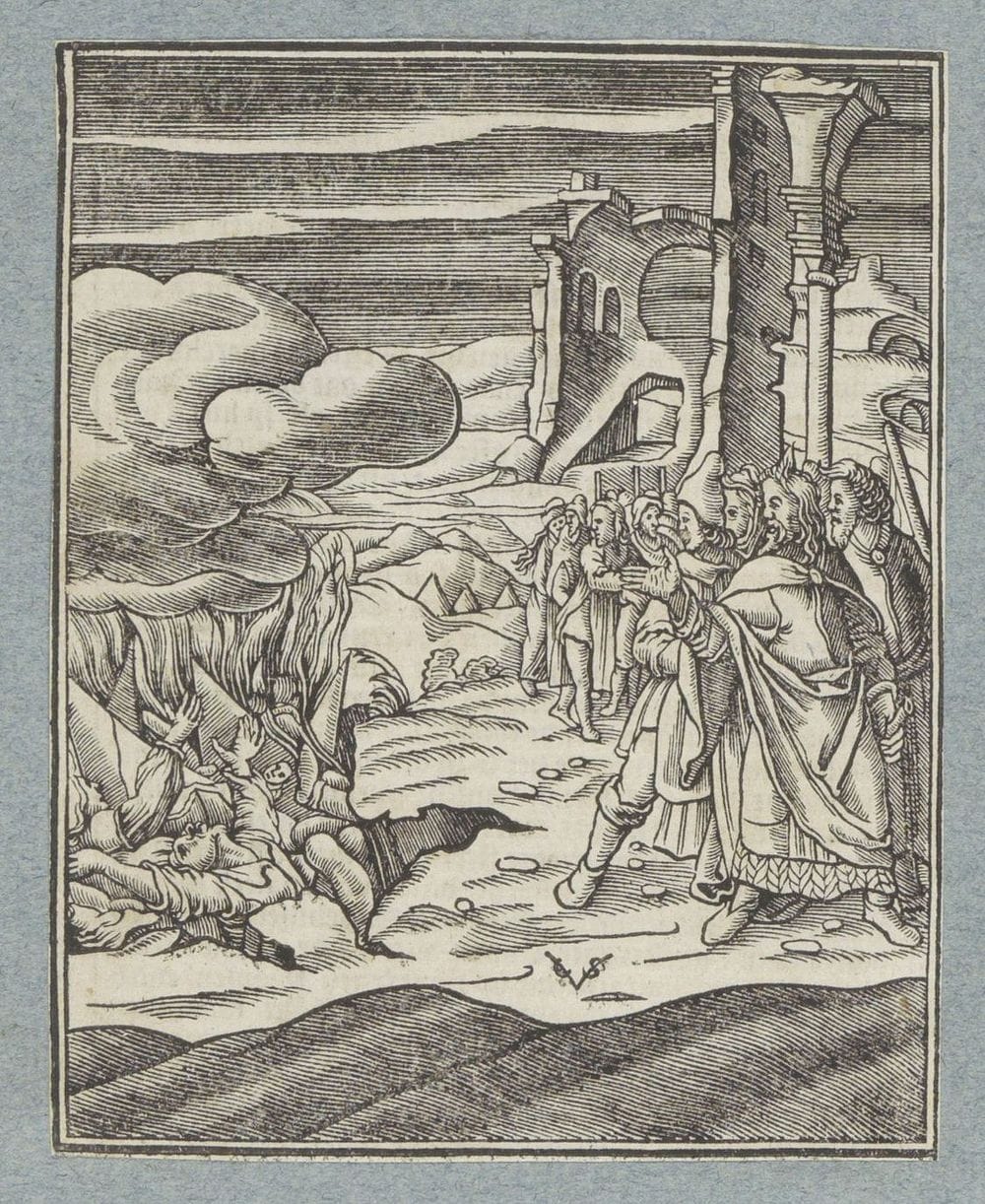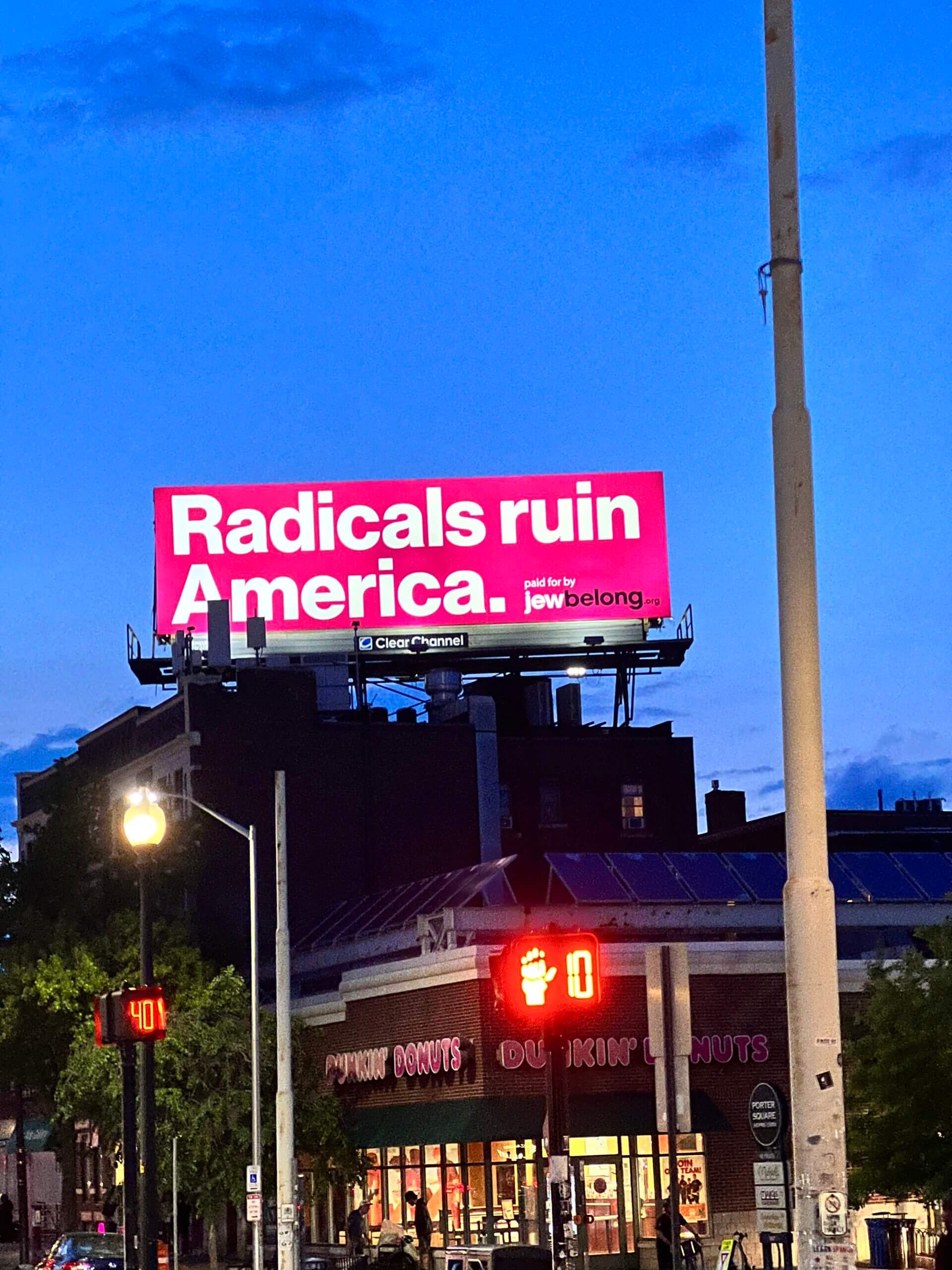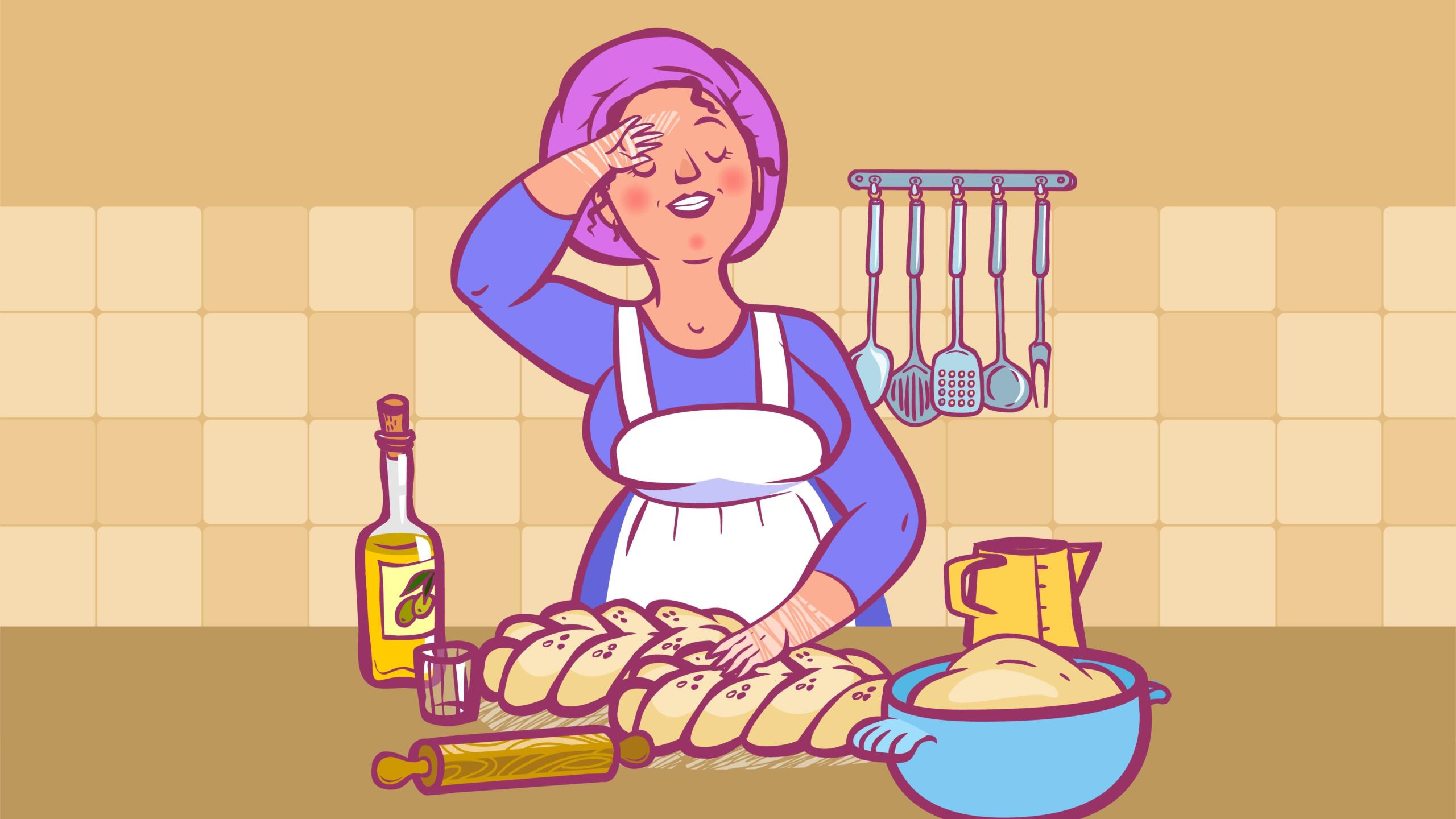Shabbat Gathering: Sympathy for Korach.

Gud Shabbos Khaveyrim, as is our custom, we will gather tonight at 5.45p ct to welcome Shabbat. These are the coordinates:
Zoom
Meeting ID: 883 8469 4181
Password: 822665
Phone: +1 312 626 6799
(To unsubscribe from the newsletter, click the link at the very bottom of this email.)
Here we go.
This week's Torah portion is Korach. On the face of it, Korach’s story is very simple: Korach rebels against Moses and Aaron and G!d makes the earth open and swallow him down into Sheol, the Jewish version of the underworld. Korach was a bad guy and got what was coming to him.
What did Korach want anyway?
This is what Torah says:
They combined against Moses and Aaron and said to them, “You have gone too far! For all the community are holy, all of them, and G!d is in their midst. Why then do you raise yourselves above G!d’s congregation?” (Numbers 16:3 Contemporary JPS)
And this is where the earth opened up and swallowed the troublemakers.
Complications.
But there are complications to the story. Korach was Moses and Aaron’s first cousin so they weren’t strangers. Due to Korach's closeness to his cousins, Korach and his family were given an exalted position in the ritual at the Mishkan.
Heirs escape G!d’s wrath.
Korach’s three sons did not participate in the attempted coup d’etat, escaped the fate of their father, and maintained their role at the Mishkan. Among other services Koach’s heirs performed at the Mishkan was writing/composing/singing the prayers. Korach’s heirs wrote eleven of our favorite Psalm’s, sharing the rarefied company of David and Solomon.
Korach’s heirs also include the prophet Samuel who anointed David and Solomon when they came to the throne. In many ways, history was very kind to Korach. (Except for that whole earth eating moment.)
Torah isn't a western.
Torah is deeper than, say, a Clint Eastwood western (not that there's anything wrong with a Clint Eastwood western). What if you can’t tell the bad guys from the good guys. What Korach wanted might even sound good to some of us today: a more open leadership paradigm. Korach was pro-people. Korach said that we all live as equal partners in the covenant. And I ask you: what’s so wrong about that?
So, maybe I’m not smart enough to parse all the complications, and maybe I’m not deep enough to tell you the difference between the fleeting shadows and the real darkness in the story of poor Korach. Sorry. Wish I could lend you a hand but I’m looking for help myself. Maybe we can help each other out.
And may it be for all of us a blessing.
See you tonight!
Mit vareme grusn,
(With warm regards,)
All my love,
brian.
PS






YidDuo
Lessons I'm sharing with you from my Yiddish studies.

-30-





